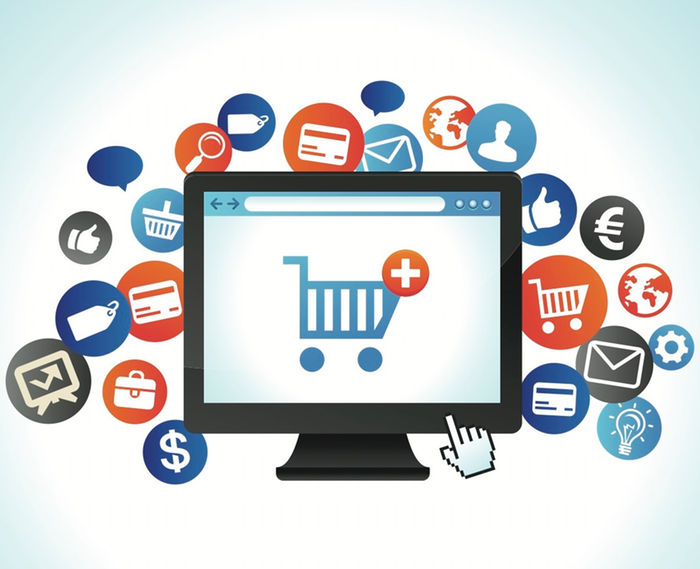
Consumers give increasing importance to the authenticity of the brands
What consumers look for when faced with a brand? The quick answers to these questions point to platitudes that, in part, have been running much in recent years, almost decades. Consumers are looking for price, quality, a well-known brand, which recommends its trusted neighbor? All this was real, although studies show that current market is not what buyer’s value today. Currently, one of the most valued items is an intangible, but one that makes little sense in a globalized world where there are so many different stimuli and proposals.
Consumers seeking authenticity, as evidenced by the latest study Authentic Brands 2014 prepared by Cohn & Wolfe. According to the findings of this study, authenticity beats the other features that you may require brands in different markets in which they have conducted the survey. Buyers value very positively all those characteristics that are associated with authenticity and make a brand authentic. Thus, 91% appreciated that communicate honestly about products and services.
 The authenticity of a brand is not only generically appreciated by the consumer; also it has a direct impact on purchasing decisions. 63% of consumers would buy from a company if the real deem above any of its competitors. 6 out of 10 the recommend also to their friends and acquaintances to the detriment of the brands that they see as so authentic. The relationship with a brand with these characteristics is also special: 47% work for them and 23% would invest in it if I had the chance.
The authenticity of a brand is not only generically appreciated by the consumer; also it has a direct impact on purchasing decisions. 63% of consumers would buy from a company if the real deem above any of its competitors. 6 out of 10 the recommend also to their friends and acquaintances to the detriment of the brands that they see as so authentic. The relationship with a brand with these characteristics is also special: 47% work for them and 23% would invest in it if I had the chance.
Being authentic is also worth only companies engaged in those lands that seem closer to the idea of authenticity: that is, it is not necessary to be a chain of organic supermarkets for the user thinks is facing a real brand. In fact, the study of Cohn & Wolfe finds that the marks are regarded as more authentic by consumers around the world are McDonald’s, Samsung, Apple, Carrefour, KFC and Starbucks, which occupy the top spots of genuine companies. The list of top 20 firms in the world also includes brands such as Lidl, Barilla, Google, Ikea or Amazon. By category, the supermarkets are considered more authentic and less alcohol companies.
They are not the only elements that highlight brands and demonstrating that consumers are asked to brands more and more things that go beyond what the simple products and their features. 87% value that companies take measures to ensure sustainability and reduce environmental impact, a percentage that far exceeds the 61% that values the utility of the product, 60% that it does with the appeal of the brand and 39% which takes into account the popularity of the same.
Determinant for millennials
But if being authentic is increasingly important for brands around the world when consumers reach their element, more so it is when you want to convince millennials that are the best choice in the market. For members of Generation Y, the values that are important brands are quite different from those who valued their parents or grandparents. They give crucial elements such as trust, support causes and, of course, authenticity.
A study of Mindshare North America just elaborates on this idea: what millennials want from brands is honesty, trust, responsibility, loyalty and, even more difficult, love. The corporate identity must be constructed so with much more complicated mimbres to unite and where what matters goes far beyond the product itself. In fact, millennials themselves choose honesty and integrity as the defining characteristics of his generation and is, therefore, what they are looking at the marks.
Brands have to have good intentions, they claim, and it is set in how they treat their employees (62%), in the fact that put people ahead of profits (57%) in working for world better (54%) or having a moral guide (50%). Companies should also be aware that the millennials value empathy, intelligence (are a highly educated generation that values logic or see both sides of a story) and pragmatism.

Leave a reply